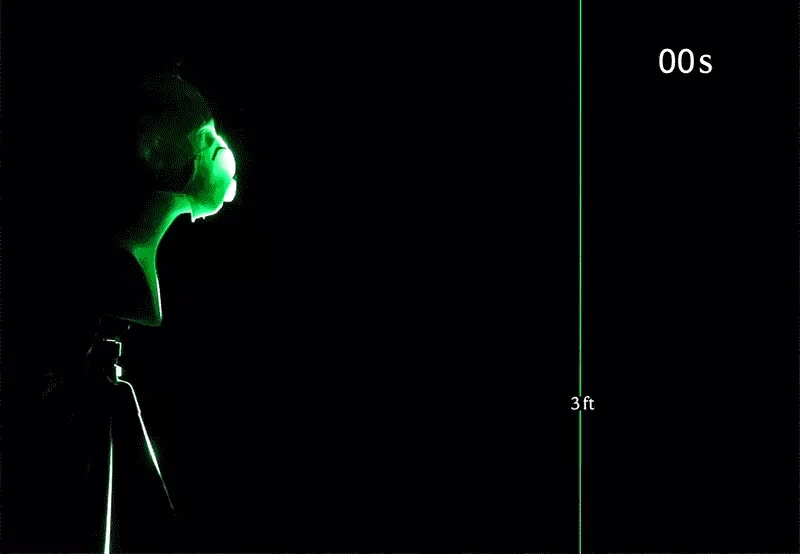The Seductive Allure of Neuroscience Explanations
Synapse 12: How neuroscientific information affects our judgement
Last week, I wrote about Neuroeverything and how the field of neuroscience has penetrated seemingly every industry. This probably isn’t that surprising given the obvious relevance of our brains to everything we do as humans. But I also think people have an innate curiosity about the nature of our own minds and others. Just look at the popularity of the psychology and self-help genre of books, websites, and courses and you’ll see that people seem to be very interested in the science of what makes us who we are and what we should do about it.
If you’re looking to apply psychological and neuroscientific insights to your life and your understanding of the world, it’s critically important to be able to discern between good explanations and bad ones.
Along these lines, I came across an interesting study this week which aimed to find out whether the simple presence of neuroscience in an explanation of a psychological concept affected whether people thought it was a compelling explanation.
Let’s go through what the study found and what we can learn from it.
How a neuroscientific explanation can cloud your judgment
Previous research indicates that people often have difficulty reasoning about explanations. For example, people tend to rate longer explanations as more similar to expert’s explanations and believe explanations because they are intuitive and satisfying above all else. When reading about psychology, the authors hypothesized that people find neuroscientific explanations compelling because it encourages people to believe they have received a scientific explanation when they often have not.
To test this, the researchers inserted irrelevant and illogical neuroscientific information into good and bad explanations of psychological concepts. For example, below are four explanations of the “curse of knowledge” which is a bias in which people tend to over-estimate the background knowledge that others have about a topic.

As you can see, the only difference between the neuroscience and without neuroscience group is some dubious and vague mention of “front lobe circuitry.”
So what effect do these neuroscientific explanations have on novices’ judgment of an explanation?
It turns out that the presence of neuroscience drastically improved the subjects’ judgments of the explanation even though the extra information was irrelevant or illogical.
Why do neuroscience explanations fool us?
One reason for this effect may be that a neuroscientific explanation introduces technical language which makes it look more “scientific” and believable. However, the researchers performed the same study on a group of cognitive neuroscience college students—who would presumably be immune to neuroscience jargon—and found the same effect.
The authors of the study speculate that injecting neuroscience information into a psychological explanation may trigger the so-called “seductive details effect” in which more detailed explanations are typically judged as truthful. If you’ve ever played two truths and a lie you probably agree that long, elaborate, and outlandish stories are typically judged as true.
The authors also speculate whether it is the scientific and technical nature of neuroscience that is responsible for its allure. Previous studies have shown that any extraneous, “placebo” information tends to be judged as agreeable. For example, one seminal study found that there was increased compliance if people asked “Can I use the Xerox machine? I have to make copies” over just “Can I use the Xerox machine?”
What we can learn from this study
If we are to believe the results of this study then we need to guard against this cognitive bias. Here are a few methods and questions that I think we can use to avoid the seductive allure of neuroscientific explanations:
Remove the neuroscience part of the explanation and see if it still makes sense. Is it logical? Thorough? Are there other possibilities not addressed?
How thorough is the neuroscientific part of the explanation? Even if you don’t understand the technical language used, is there only one study cited? Is the discussion without nuance?
Is the neuroscientific part of the explanation relevant? In the example above, the explanation mentions some frontal lobe circuitry involved in the curse of knowledge. Does this information matter to you? Should it matter?
In conclusion, I think we can all benefit from being on-guard to our various cognitive biases in our everyday life. The next time you are trying to apply psychological research to your life, don’t let the presence of neuroscience affect your judgment of the information.
🐦 Tweet of the Week


👍 Good Advice

⚡️P.S. If you're new here and want to read more of the Synapse Newsletter each Sunday, subscribe below!⚡️




Yes, this article makes a great point. As a special educator, I get all sorts of advertisements for supposed "treatments" for autism, dyslexia, ADHD, etc. all based on supposed neuroscience. It is hard to separate the possible true claims from the frauds. Fortunately, I have a neighbor who is a professor of neuroscience for a sounding board.